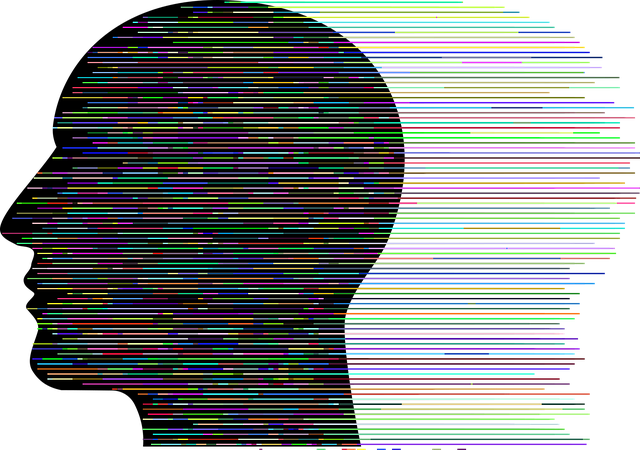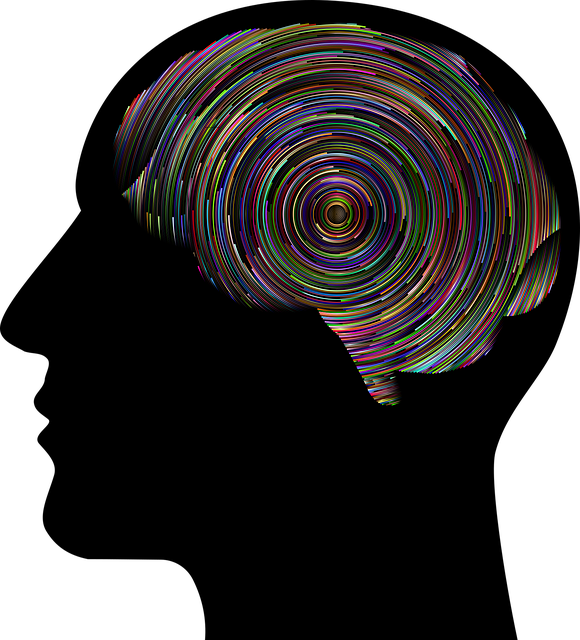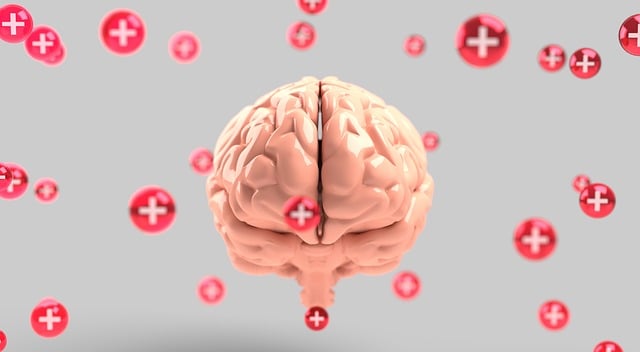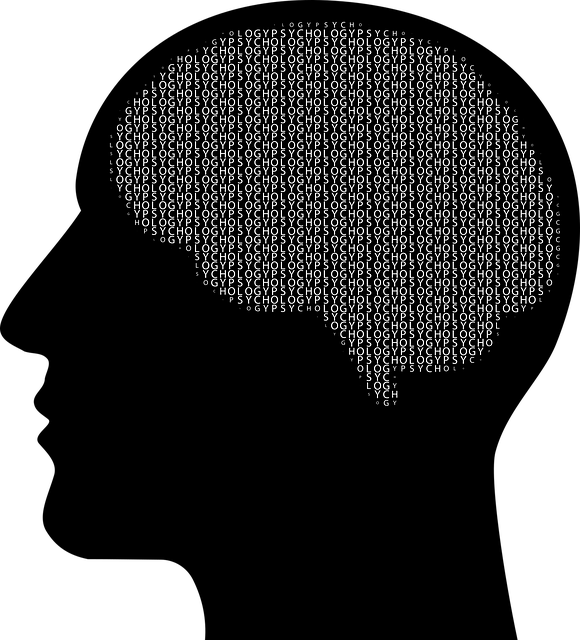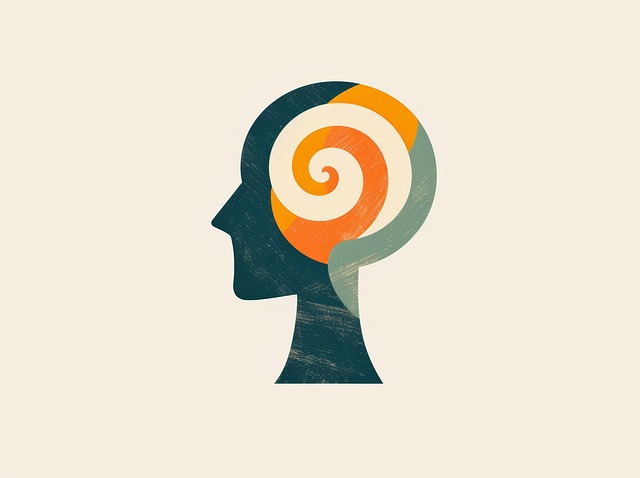TL;DR:
Dissociative disorder in young adults is a complex mental health condition, diagnosed through DSM-5 criteria, and often overlooked due to subtle symptoms. Early identification is key, as therapy focuses on trauma resolution, cognitive restructuring, and coping mechanism development. Mental health data analysis helps uncover trends, triggers, and effective treatment methods, informing evidence-based practices like tailored therapy models. Therapy outcomes require a nuanced approach beyond symptom reduction, emphasizing emotional regulation, positive thinking, and self-care. Advanced data visualization tools aid in understanding patient trajectories and guiding clinicians to precise therapeutic approaches. As data analysis evolves, ethical considerations are vital to protect privacy. Future prospects include innovative analytics and machine learning for personalized treatments, improved access to care, and better mental wellness outcomes. Therapy for Young Adults Dissociative Disorder needs a comprehensive approach leveraging data analysis for effective treatment.
Mental health data analysis plays a pivotal role in understanding and improving treatment for conditions like dissociative disorder among young adults. This comprehensive article delves into the intricate aspects of this analysis, from recognizing symptoms and diagnosing dissociative disorders to interpreting therapy outcomes and leveraging advanced data visualization techniques. We explore the power of data-driven insights in mental health research, while addressing ethical considerations and charting future directions for effective therapy for young adults with dissociative disorder.
- Understanding Dissociative Disorder in Young Adults: Symptoms and Diagnosis
- The Role of Data Analysis in Mental Health Research for Dissociative Disorders
- Interpreting Therapy Outcomes: Measuring Success in Dissociative Disorder Treatment
- Advanced Techniques for Data Visualization in Clinical Studies
- Ethical Considerations and Future Directions for Mental Health Data Analysis
Understanding Dissociative Disorder in Young Adults: Symptoms and Diagnosis

Dissociative Disorder in young adults is a complex mental health condition that often goes undiagnosed due to its varied and sometimes subtle symptoms. It involves a disruption of an individual’s identity, memory, and perception, leading to feelings of detachment from oneself or the surrounding world. Young adults experiencing this disorder may present with a range of signs, including depersonalization (feeling detached from one’s body or self), derealization (a sense that the external world is unreal), and altered states of consciousness. These symptoms can significantly impair daily functioning and relationships.
Diagnosis requires a thorough assessment by qualified mental health professionals, often involving in-depth interviews, psychological testing, and a review of personal history. The American Psychiatric Association’s Diagnostic and Statistical Manual (DSM-5) provides criteria for diagnosing Dissociative Disorder, which includes at least two symptoms lasting for more than a month, such as loss of touch with reality, altered sense of self, or complex traumatic memories. Early identification is crucial, as therapy for young adults with dissociative disorder often focuses on trauma resolution, cognitive restructuring, and developing coping mechanisms to enhance their ability to manage symptoms and improve overall well-being, including anxiety relief and confidence boosting through public awareness campaigns focused on mental health.
The Role of Data Analysis in Mental Health Research for Dissociative Disorders

Mental health data analysis plays a pivotal role in understanding dissociative disorders, particularly among young adults. By analyzing trends and patterns within large datasets, researchers can gain valuable insights into the prevalence, triggers, and effective treatment approaches for these complex conditions. This analytical approach is essential in informing evidence-based practices, such as tailored therapy models for young adults struggling with dissociative disorder. For instance, data might reveal specific communication strategies or community outreach program implementations that significantly enhance emotional healing processes.
Through rigorous data interpretation, mental health professionals can identify key factors contributing to dissociative symptoms and design more targeted interventions. This not only improves patient outcomes but also ensures resources are allocated efficiently. Moreover, ongoing data collection and analysis allow for continuous evaluation of treatment efficacy, enabling adjustments as new insights emerge, ultimately refining the support systems available for young adults navigating their mental health challenges, including therapy for dissociative disorder.
Interpreting Therapy Outcomes: Measuring Success in Dissociative Disorder Treatment

Interpreting Therapy Outcomes is a critical aspect of mental health care, especially when addressing complex conditions like Dissociative Disorder. This disorder, often affecting young adults, involves disruptions in memory, identity, and perception, making treatment a delicate process. When evaluating success in therapy for young adults with dissociative disorders, therapists must look beyond simple symptom reduction. It’s about fostering sustainable emotional regulation, promoting positive thinking, and encouraging self-care practices that enhance overall well-being.
By integrating these key measures, therapists can better assess progress and tailor interventions to meet the unique needs of each individual. This comprehensive approach ensures that treatment goes beyond addressing symptoms, aiming for true recovery and a higher quality of life for those navigating dissociative disorder.
Advanced Techniques for Data Visualization in Clinical Studies

In clinical studies focusing on mental health, especially for disorders like Dissociative Disorder among young adults, advanced data visualization techniques play a pivotal role in understanding complex patient trajectories and treatment responses. These methods go beyond basic graphs and charts to provide deeper insights into treatment efficacy and patient progress over time. By leveraging sophisticated tools, researchers can visually represent intricate patterns in therapeutic outcomes, enabling more precise identification of what works best for whom. This is particularly crucial when exploring the nuances of therapy for young adults with dissociative symptoms, where individual experiences and responses vary widely.
For instance, interactive visualizations can illustrate trends in symptom reduction over different therapy modalities, allowing clinicians to compare approaches like Social Skills Training or Trauma Support Services. These visual aids facilitate informed decision-making, ensuring that treatment strategies are tailored to the specific needs of young adults with dissociative disorders. Furthermore, data visualization can aid in the development of public awareness campaigns by showcasing the impact of various interventions, contributing to a more comprehensive understanding and support system for those affected by these conditions.
Ethical Considerations and Future Directions for Mental Health Data Analysis

As mental health data analysis advances, ethical considerations become increasingly vital to ensure privacy and protect vulnerable populations, particularly when analyzing data related to therapy for young adults with dissociative disorder. Researchers must navigate complex issues surrounding consent, data sharing, and potential harm from re-identification. Transparent reporting of methods, informed consent processes, and anonymization techniques are essential practices to foster public trust.
Looking ahead, the future of mental health data analysis holds immense potential to improve therapy outcomes for young adults with dissociative disorder and other mental health conditions. By integrating advanced analytics, machine learning algorithms, and innovative conflict resolution techniques, researchers can uncover hidden patterns and insights into self-care practices that enhance mental wellness. This data-driven approach has the game-changing capability to personalize treatment plans, improve access to care, and ultimately promote better outcomes for individuals in need.
Mental health data analysis plays a pivotal role in understanding and treating dissociative disorder among young adults. By leveraging advanced techniques like sophisticated data visualization, researchers can gain profound insights into this complex condition’s symptoms and diagnosis. Furthermore, ethical considerations are paramount to ensure the responsible use of data while paving the way for innovative therapy outcomes and improved treatment strategies for young adults struggling with dissociative disorders. As research progresses, integrating these analytical methods will be crucial in enhancing the availability and effectiveness of tailored therapies.





